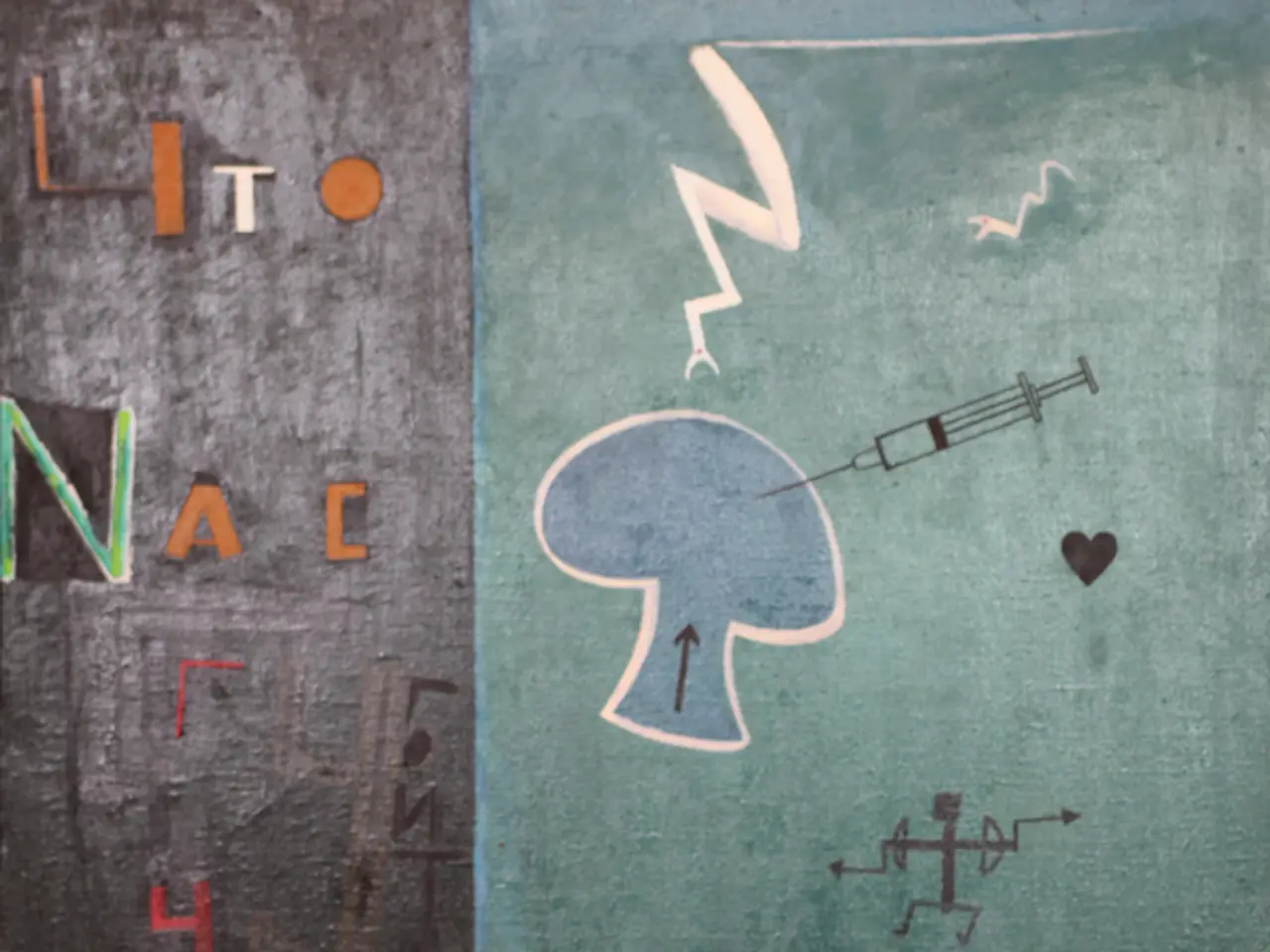Romania experiences significant increase in budget gap to over 4% during the initial seven months of 2025
Romania's economic performance in 2025 has been marked by a series of significant developments, as indicated by recent data and the ongoing consultations with the International Monetary Fund (IMF).
In the first seven months of 2025, total revenues reached RON 370.77 billion, showing an impressive 11.8% increase (y/y). This growth was driven by various factors, including a 21.3% surge in collections from income and salary tax, primarily due to an increase in dividend tax collections (+84.0%). Profit tax collections also saw a noteworthy 11.1% increase.
Insurance contributions increased by 10.8% to RON 121.07 billion, while net VAT collections totaled RON 69.99 billion, marking a 5.7% increase. Non-fiscal revenues also showed an 8.9% increase, amounting to RON 34.71 billion.
The amounts reimbursed by the European Union for payments made and donations totaled RON 28.62 billion, showing a substantial 33.6% increase.
However, expenditures also saw a rise, with the consolidated general budget increasing by 11.1% compared to the same period of the previous year, totaling RON 447.21 billion. Expenditures on goods and services were RON 53.59 billion (+0.5%), while personnel expenditures amounted to RON 99.72 billion (EUR 20 billion), up 7.9% compared to the first seven months of the previous year.
Interest expenditures were RON 31.71 billion (+RON 9.83 billion), and social assistance expenditures were RON 147.54 billion (+14.7%). Subsidy expenditures were RON 7.66 billion, mainly for passenger transport subsidies, support for agricultural producers, and the compensation scheme for electricity and natural gas consumption of non-household consumers.
The elimination of fiscal facilities granted to employees in certain sectors, such as construction, agriculture, food industry, and software development, contributed to the evolution of income and salary tax revenues.
As a percentage of GDP, expenditures in 2025 recorded an increase of 0.7% compared to the same period of 2024. This led to a corresponding increase in Romania's consolidated budget deficit, which reached RON 76.44 billion (EUR 15 billion), equating to 4.04% of GDP after the first seven months of 2025.
The mission of the IMF staff in Bucharest between September 3 and 12, 2025, is led by Principal Economist Elena Florescu, while a separate mission, led by Joong Shik Kang, will visit Bucharest between the same dates to analyze the recent developments of the Romanian economy. These consultations with the IMF constitute a mandatory monitoring exercise for all member states.
In conclusion, Romania's economic performance in 2025 has been characterised by growth in revenues and expenditures, with the consolidated budget deficit increasing from the previous year. The ongoing consultations with the IMF will provide valuable insights into the country's economic strategy moving forward.
Read also:
- Understanding Hemorrhagic Gastroenteritis: Key Facts
- Stopping Osteoporosis Treatment: Timeline Considerations
- Trump's Policies: Tariffs, AI, Surveillance, and Possible Martial Law
- Expanded Community Health Involvement by CK Birla Hospitals, Jaipur, Maintained Through Consistent Outreach Programs Across Rajasthan








